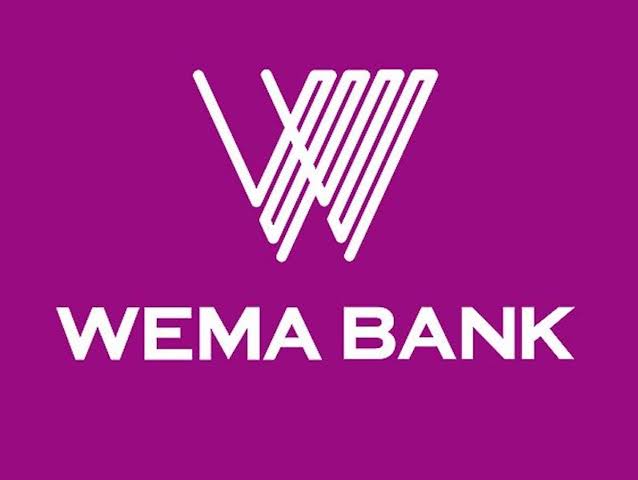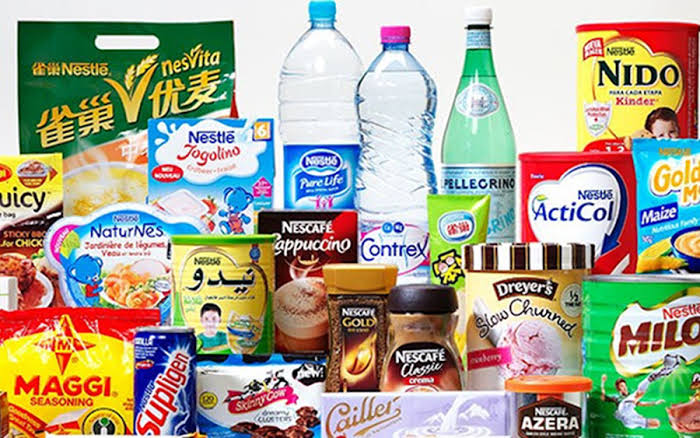

Nigerian Deposit Money Banks on Monday continued with the policy of naming and shaming their delinquent debtors with further publication of the names of firms and their directors whose loans have become non-performing for more than one year.
While nine banks published the names of the loans defaulters on Monday, four banks released the lists of their chronic debtors, owing a total of N143.81bn, on Tuesday.
The four banks are First Bank of Nigeria Limited, Access Bank Plc, Diamond Bank Plc and Unity BankPlc.


The banks, which had published the list of their delinquent debtors on Monday were Zenith Bank Plc, Guaranty Trust Bank Plc, Union Bank Plc, Sterling Bank Plc, Skye Bank Plc, Fidelity Bank Plc, Stanbic IBTC Bank, Heritage Bank Limited and Enterprise Bank Limited.
First Bank, which has its total amount of non-performing loans as N43.72bn, published 92 names of delinquent debtors.
The first five companies on the lender’s list owe a combined sum of N23bn. These are Ajaokuta Steel Company Limited, Starcomm Plc; BGL Securities Limited, where a former Minister of Finance and National Planning, Kalu Idika Kalu, is a director; Shield Petroleum Limited and Fargo Petroleum and Gas Limited.
Shield Petroleum, the number one on the list, owes N6.883bn; while Zurich International Service, the last on the list, owes N26.69m.
Unity Bank also released 260 names of delinquent debtors with a combined NPL figure of N45.52bn.
The list has the companies of some prominent Nigerians. These include Umar Mutallab’s DeanShanger Project Limited, N3.6bn; Senator Ayodele Arise and a former Minister of State for Works, Mr. Dayo Adeyeye’s International Payment Devices Limited, N81.9m; and Prince Adeyanju Olateru-Olagbegi’s Cupid Investment BDC, N90.1m.
Other prominent companies on the list are Ekiti Kete Mass Transit, which owes N991m; Fargo Petroleum and Gas Limited, N2.5bn; Ava Cement Limited, N.8bn; and Plywood Chemical and Accessories, N1.1bn.
Ava Cement topped Unity Bank’s debtors’ list with N9.8bn, while Malcolm Akpokodje owes the least with N20m.
Access Bank Plc published a list of 11 delinquent debtors, with a combined NPL figure of approximately N3.4bn.
Top on the list are Bioka Ventures Limited, which owes N1.15bn, while Derukas International Limited was last on the list with a debt of N56.3m.
Diamond Bank Plc has N47.17bn as its total NPLs, with companies belonging to prominent Nigerians owing sizeable amounts.
These include Sir Emeka Offor’s Global ScanSystem Limited, which the bank says owes N181m; a former Chairman, House of Representatives Committee on the Diaspora, Mrs. Abike Dabiri-Erewa’s Thriller Eneavours, which owes N122m; and a former Delta State Commissioner for Sports Solomon Ogba’s Delta Mega Trend Limited, which owes N89m.
Aside the 13 banks which have published their debtor lists, other banks which will publish theirs this week are Ecobank Nigeria, First City Monument Bank Limited, Standard Chartered Bank, Keystone Bank Limited, United Bank for Africa Plc and Wema Bank Plc.
Investigations by our correspondents on Monday revealed that most of the banks had cut their list of delinquent debtors due to litigation with their customers over disputes arising from loan terms and last-minute renegotiations by some clients.
A top bank executive, who spoke to one of our correspondents under the condition of anonymity, said, “Some of the banks have to remove the list of some clients due to issues that border on litigation.
“Some names were removed at the last minute after the affected customers came to renegotiate with us. Some banks have had to cut the names on their debtors’ list by at least 50 per cent.”
Officials of banks, who spoke to our correspondents, linked the relatively high figure of the NPLs in some banks to inside connivance with customers, lingering margin loans and huge oil and gas-related loans.
According to them, customer relationship managers in some of the banks connived with the customers to obtain huge loans that eventually became bad.
They also said that long-standing margin loans in some banks were responsible for the high figure.
“A huge chunk of the loans are oil and gas related. The drop in oil prices has also worsened the situation for some oil and gas companies. They borrowed relatively large amounts of money, which later became bad loans,” an official of a tier-1 bank told our correspondent.
Meanwhile, the Asset Management Corporation of Nigeria will publish the list of its debtors early next week if they fail to regularise the terms of their loans with the agency.
The spokesperson for AMCON, Mr. Kayode Lambo, who confirmed this on Monday, said companies which failed to regularise the terms of their loans with the agency would have their names published.
“As many companies who have not been servicing their loans will have their names published,” he added.
The names of firms belonging to prominent Nigerians who have not been servicing their loans may appear on the list.
In 2009, the Federal Government spent about N5tn to buy the NPLs from banks to save them from imminent collapse.
AMCON, the government agency created after the 2009 banking crisis, was the special purpose vehicle used to acquire the NPLs from the banking sector.
The Central Bank of Nigeria had on April 22, 2015 directed the banks, discount houses and AMCON to publish the list of delinquent debtors from August 1.
They are to publish the names in at least three national newspapers on a quarterly basis.
In line with the directive, the banks gave the chronic debtors a three-month grace period, which expired on July 31.
The Director, Banking Supervision, CBN, Mrs. ‘Tokunbo Martins, had in a circular dated April 22, 2015, said, “In order to ensure that the industry NPL ratio does not exceed the prudential limit of five per cent and to improve the credit culture in the banking industry, banks and discount houses are directed to observe prudent credit underwriting and monitoring standards.”
The debtors are those whose accounts have been classified as lost and include persons, entities, directors, subsidiaries and other related parties, according to the central bank.
The central bank had stated that delinquent debtors in the category described above would be blacklisted and “banned from participating in the Nigerian foreign exchange market and in the Nigerian government securities market.”
The PUNCH had on March 15, 2015 reported that the volume of the NPLs in the Nigerian banking industry was set to rise further on the back of the devaluation of the naira amid weak global crude oil prices.
Global rating agency, Fitch Ratings, had in February, after the second round of devaluation of the naira, predicted that the banks’ non-performing loans would rise above the CBN’s five per cent limit by the end of this year, but below 10 per cent





 Business6 months ago
Business6 months ago
 celebrity radar - gossips4 months ago
celebrity radar - gossips4 months ago
 celebrity radar - gossips4 months ago
celebrity radar - gossips4 months ago
 Business3 months ago
Business3 months ago













You must be logged in to post a comment Login